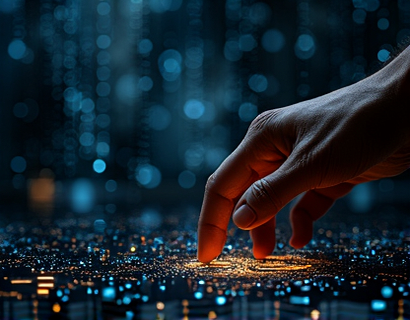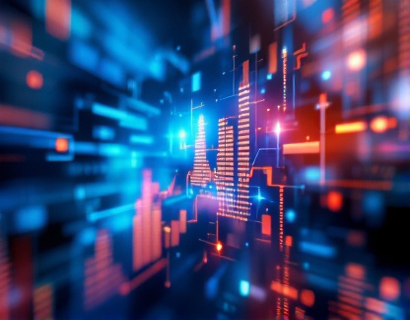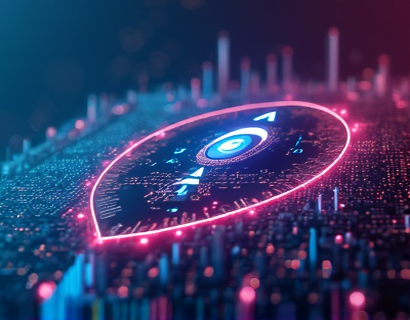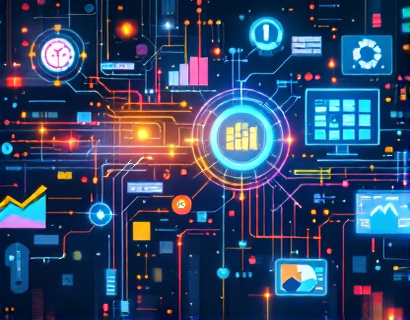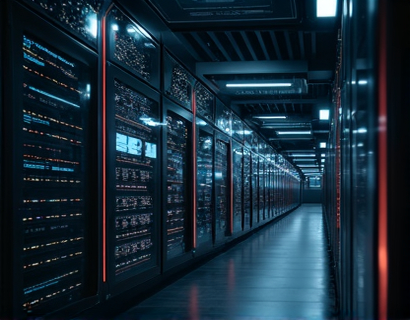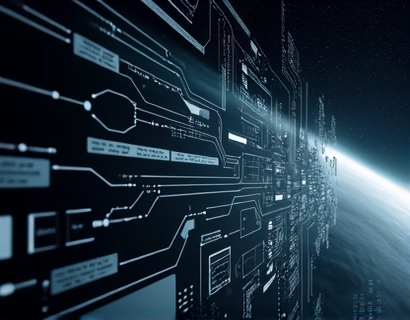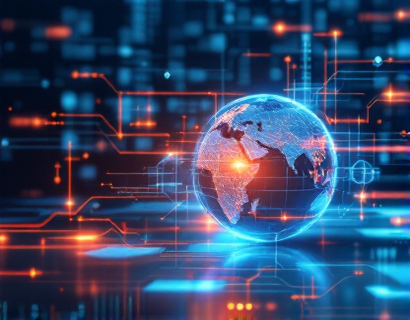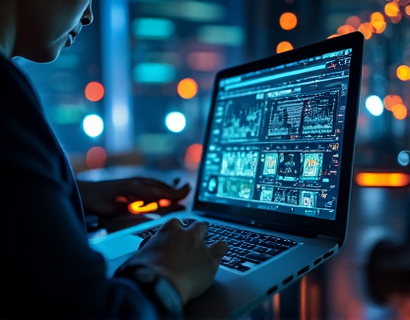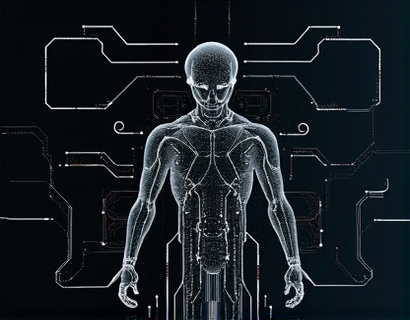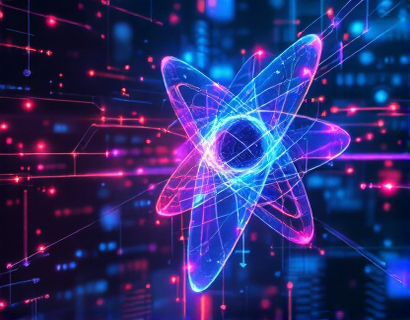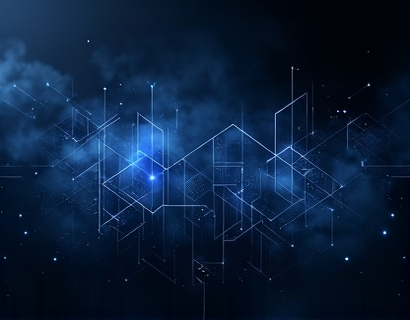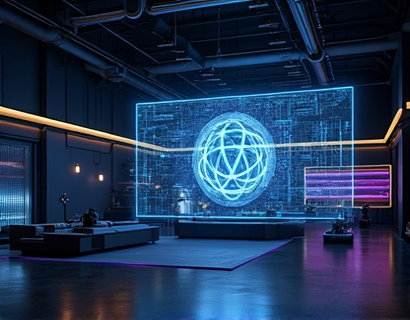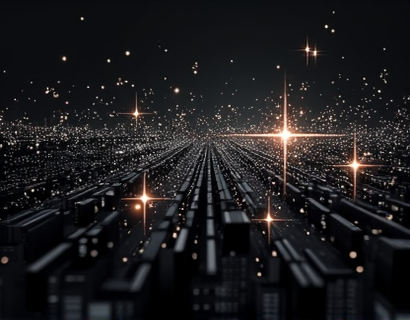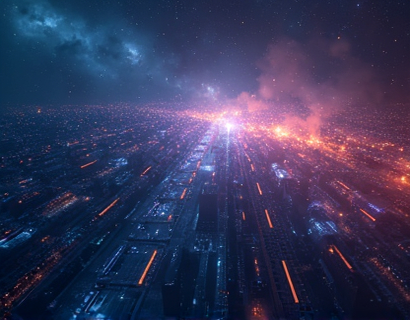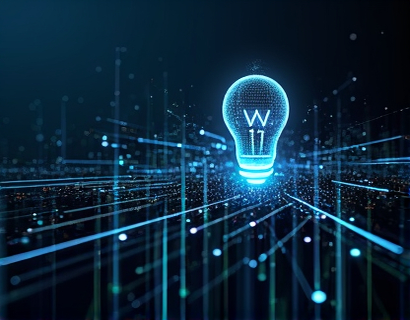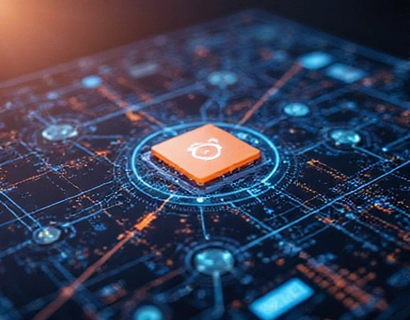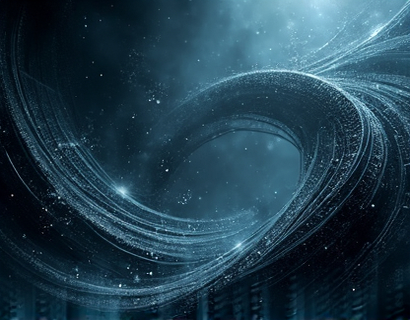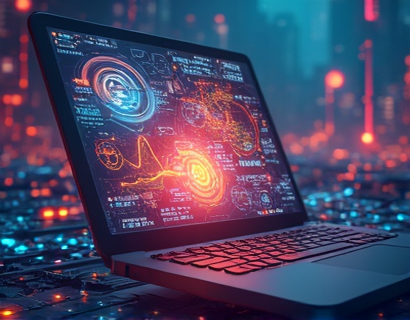Decentralized AI: Transforming Ucosystem Applications with Crypto Innovation
The integration of decentralized technologies with artificial intelligence (AI) is ushering in a new era of digital innovation. This convergence is not just a technological advancement but a paradigm shift in how we approach and interact with digital applications and services. The fusion of cryptocurrency and AI is creating decentralized applications (dApps) and services that promise to revolutionize productivity and simplify daily tasks. This article explores the transformative impact of these cutting-edge technologies, delving into the latest advancements and the future of digital innovation.
The traditional centralized model of software and services has been dominated by a few large corporations, often leading to issues such as data privacy concerns, single points of failure, and limited user control. Decentralized AI, on the other hand, leverages blockchain technology to distribute control and data across a network of nodes, ensuring transparency, security, and user sovereignty. This shift is fundamentally changing the landscape of digital applications, making them more robust, secure, and user-centric.
Understanding Decentralized AI
Decentralized AI refers to AI systems that operate on a decentralized network, typically a blockchain. These systems utilize smart contracts to automate and enforce the rules and processes of AI algorithms, ensuring that they function as intended without the need for a central authority. The decentralized nature of these systems means that data and computations are distributed across multiple nodes, reducing the risk of data breaches and enhancing privacy.
One of the key components of decentralized AI is the use of machine learning models that can run on a distributed network. These models are trained using data that is also stored decentralized, often on a blockchain or a decentralized storage solution like IPFS (InterPlanetary File System). This approach not only ensures data integrity but also allows for greater scalability and resilience, as the system can continue to function even if some nodes fail.
Crypto Innovation in AI
Cryptocurrency plays a crucial role in the ecosystem of decentralized AI. Cryptocurrencies provide a medium of exchange that is secure, transparent, and decentralized, making them ideal for transactions within dApps. Smart contracts, which are self-executing contracts with the terms directly written into code, are another essential element. They automate the execution of AI processes, ensuring that all parties involved adhere to the agreed-upon terms without the need for intermediaries.
Moreover, the use of tokens in decentralized AI systems can incentivize participation and contribution. For instance, users who contribute computational power or data to the network can be rewarded with tokens, creating a sustainable and community-driven model. This tokenization not only motivates users but also aligns their interests with the health and success of the decentralized AI ecosystem.
Enhancing Productivity with Decentralized AI
The integration of decentralized AI into various applications is significantly boosting productivity across different sectors. In the business world, decentralized AI can streamline operations by automating routine tasks, providing real-time insights, and enhancing decision-making processes. For example, decentralized AI-powered tools can analyze market trends, predict consumer behavior, and optimize supply chains, all while ensuring data privacy and security.
In the realm of content creation, decentralized AI can assist writers, designers, and developers by providing intelligent suggestions, automating repetitive tasks, and generating high-quality content. These tools can work collaboratively with human creators, enhancing their productivity and allowing them to focus on more creative aspects of their work. The decentralized nature of these tools ensures that they are accessible to anyone with an internet connection, democratizing access to advanced AI capabilities.
Simplifying Daily Tasks with Decentralized AI
Beyond business applications, decentralized AI is also transforming everyday tasks for individuals. Personal AI assistants powered by decentralized technologies can manage schedules, reminders, and notifications in a privacy-preserving manner. These assistants can learn from user behavior and preferences, providing personalized recommendations and automating routine tasks such as setting appointments or booking travel arrangements.
Health and wellness applications are another area where decentralized AI is making a significant impact. Decentralized health platforms can securely store and manage medical data, enabling users to control their health information and share it with healthcare providers as needed. AI algorithms can analyze this data to provide personalized health insights, predict potential health issues, and suggest preventive measures. The decentralized nature of these platforms ensures that sensitive health data remains private and secure.
Challenges and Considerations
Despite the numerous benefits, the adoption of decentralized AI is not without challenges. One of the primary concerns is the technical complexity involved in building and maintaining decentralized systems. Developers need a deep understanding of both AI and blockchain technologies to create robust and efficient dApps. Additionally, the scalability of decentralized AI remains a challenge, as current blockchain networks often struggle with high transaction volumes and slow processing times.
Another consideration is the regulatory landscape. As decentralized AI operates outside the traditional centralized frameworks, it raises questions about compliance, governance, and legal responsibilities. Ensuring that decentralized AI systems adhere to existing regulations while also innovating within the legal gray areas is a complex task that requires collaboration between technologists, policymakers, and industry stakeholders.
Future Prospects
The future of decentralized AI is promising, with ongoing advancements in both AI and blockchain technologies poised to address current challenges and unlock new possibilities. Improvements in blockchain scalability, such as layer 2 solutions and cross-chain interoperability, will enhance the performance and usability of decentralized AI applications. Advances in AI algorithms, particularly in areas like federated learning and edge computing, will further optimize the deployment and efficiency of decentralized AI models.
The convergence of decentralized AI and other emerging technologies, such as the Internet of Things (IoT) and 5G, will create a more interconnected and intelligent world. IoT devices can feed real-time data into decentralized AI systems, enabling more accurate and timely insights. 5G networks will provide the necessary bandwidth and low latency to support these applications, making them more responsive and reliable.
As the ecosystem of decentralized AI continues to grow, we can expect to see more innovative applications across various industries. From decentralized finance (DeFi) to decentralized social media, the potential for transformation is vast. The key will be to foster a collaborative and inclusive environment where developers, users, and regulators work together to harness the full potential of this revolutionary technology.
In conclusion, the integration of decentralized AI with cryptocurrency innovation is not just a technological advancement but a fundamental shift in how we build and interact with digital applications. By leveraging the strengths of both AI and decentralized technologies, we can create a more secure, transparent, and user-centric digital world. As we move forward, the possibilities are endless, and the future of digital innovation has never been more exciting.



